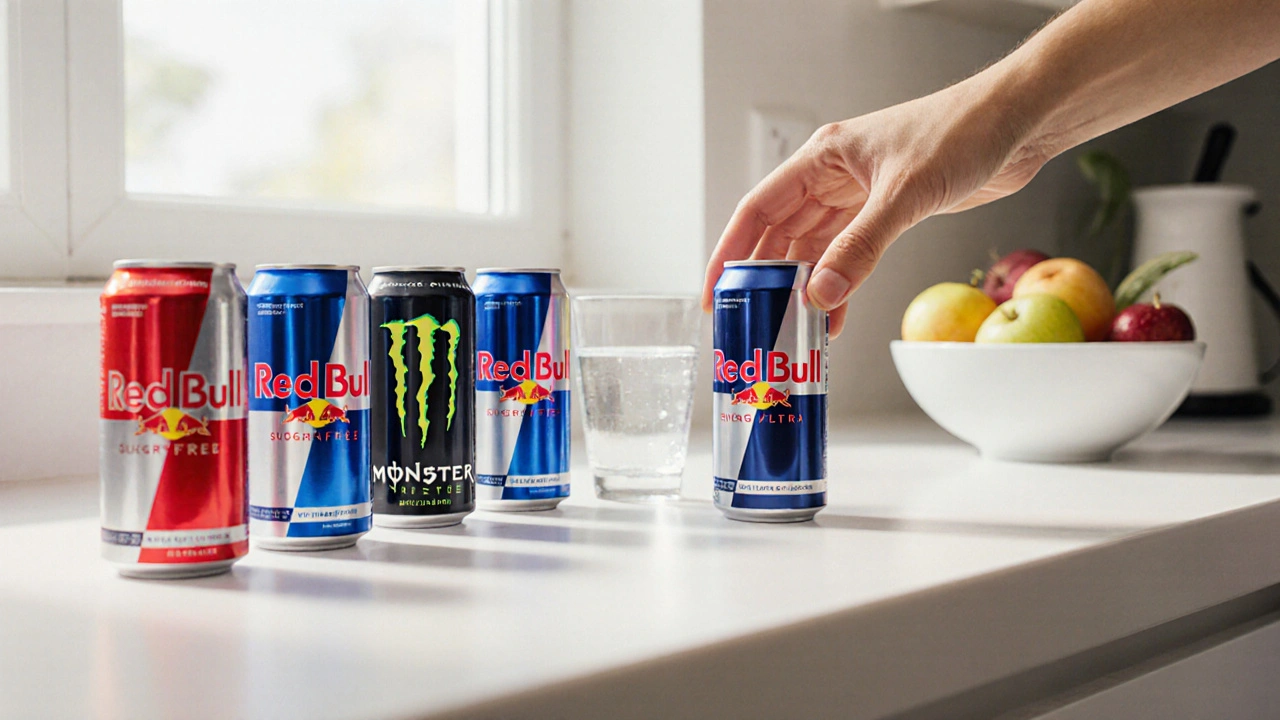caffeine metabolism: how your body handles the buzz
When working with caffeine metabolism, the physiological process that breaks down caffeine into active and inactive metabolites. Also known as caffeine breakdown, it decides how fast you feel the lift, how long it lasts, and what side effects may appear.
Why caffeine metabolism matters for everyday drinks and athletes
One major player in this chain is energy drinks, caffeinated beverages that also contain sugar, taurine, and other stimulants. They flood your system with caffeine, which then meets the work of liver enzymes, chiefly CYP1A2 that converts caffeine into paraxanthine, the metabolite responsible for most of caffeine’s effects. The speed of this conversion shapes your heart rate, alertness, and even blood pressure, since caffeine can cause a temporary rise by narrowing blood vessels. For athletes, the balance matters; a faster metabolism can mean a quicker return to baseline, while a slower rate may extend the performance boost but also increase jitteriness.
Caffeine metabolism influences energy drink effects, liver enzymes enable caffeine metabolism, blood pressure response depends on caffeine metabolism, and athlete performance benefits from optimal caffeine metabolism. These connections form a loop: the drink delivers caffeine, the liver processes it, the cardiovascular system reacts, and the athlete feels the outcome. If any link in the chain is off‑balance—say a genetic variant reduces CYP1A2 activity—you might feel the buzz longer, experience higher blood pressure spikes, or notice a sharper crash.
Understanding how your body handles caffeine helps you make smarter choices. If you’re sensitive to jitter, you might pick a low‑caffeine soda or limit your daily intake to under 200 mg. If you’re training for a competition, timing a moderate caffeine dose 30‑60 minutes before a workout can exploit the peak of paraxanthine levels for an extra push. Meanwhile, regular monitoring of blood pressure and heart rate after a new energy drink can flag whether your metabolism is handling the load.
Below you’ll find a curated set of articles that dig deeper into each piece of the puzzle—how caffeine affects heart rhythm after an energy drink, safe daily limits for different ages, the role of liver enzymes, and practical tips for athletes who want the right boost without the crash. Dive in to see how the science of caffeine metabolism can guide your daily beverage decisions.
Learn how low‑calorie energy drinks can speed up belly fat loss. Follow a clear 7‑day plan, pick the right drink, and avoid common pitfalls for a slimmer waist fast.

